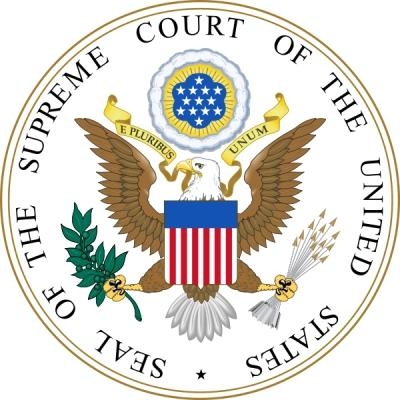Tue, Jun 28, 2016
Hopes Court Will Overrule FAA Decision Preventing Private Pilots From Communicating Flight Plans On The Internet
The Goldwater Institute has asked the United States Supreme Court to hear its case against the FAA for shutting down Flytenow Inc., an innovative start-up business that uses the Internet to connect private pilots with passengers wishing to share flight expenses.

Flytenow expands on “sharing economy” services that companies like Uber and Airbnb have popularized: websites or mobile applications allowing consumers to connect directly with private service providers. Flytenow passengers do not pay for tickets or for the pilot’s time; instead, they share fuel and fee costs with the pilot. If the Court hears the case, it would be the first sharing-economy case to be considered.
This cost-sharing arrangement between private pilots and passengers has been allowed by the FAA since the 1960s. Pilots previously found people to cost-share with by word of mouth, phone, posting notes on bulletin boards in airports, and various other means. Flytenow simplified the process by allowing pilots to post a preplanned trip on a website for passengers interested in sharing costs. But the FAA determined that the process of posting a planned trip on a website constituted advertising and that subjected the pilots to the same onerous regulations that pilots for a commercial airline like Delta would have to meet. This forced Flytenow to shut down.
“The sharing economy is based on communication – it is about using technology to connect service providers to consumers. Flytenow is simply a communications hub; it connects pilots looking to share their flights with passengers interested in joining them,” said Jon Riches, the national litigation director at the Goldwater Institute and the attorney representing Flytenow. “In this case, the FAA has stopped pilots from using the Internet, and only the Internet, to communicate. The First Amendment does not tolerate this type of speech discrimination.”

The Goldwater Institute is arguing that the FAA’s decision violates the First Amendment rights of Flytenow and its pilot members. The Institute is also asking the Court to decide that no deference is due when a government agency interprets a term (in this case “common carrier”) that is predominately defined in the common law, because deference is based on agency expertise, and courts, not agencies, have expertise on common law interpretation. This clarification in deference standards would make it harder for courts to simply defer to agencies when regulations are challenged, as is typically the standard now.
“The government shouldn’t get a thumb on the scale when its decisions are challenged. Courts exist to carefully examine unlawful government regulations, not to rubber stamp them,” said Riches.
(Source: The Goldwater Institute new release)
More News
Aero Linx: International Federation of Airworthiness (IFA) We aim to be the most internationally respected independent authority on the subject of Airworthiness. IFA uniquely combi>[...]
Ultrahigh Frequency (UHF) The frequency band between 300 and 3,000 MHz. The bank of radio frequencies used for military air/ground voice communications. In some instances this may >[...]
A Few Questions AND Answers To Help You Get MORE Out of ANN! 1) I forgot my password. How do I find it? 1) Easy... click here and give us your e-mail address--we'll send it to you >[...]
From 2019 (YouTube Edition): Learning To Paint Without Getting Any On Your Hands PPG's Aerospace Coatings Academy is a tool designed to teach everything one needs to know about all>[...]
Also: Sustainable Aircraft Test Put Aside, More Falcon 9 Ops, Wyoming ANG Rescue, Oreo Cookie Into Orbit Joby Aviation has reason to celebrate, recently completing its first full t>[...]
 ANN's Daily Aero-Linx (05.06.25)
ANN's Daily Aero-Linx (05.06.25) ANN's Daily Aero-Term (05.06.25): Ultrahigh Frequency (UHF)
ANN's Daily Aero-Term (05.06.25): Ultrahigh Frequency (UHF) ANN FAQ: Q&A 101
ANN FAQ: Q&A 101 Classic Aero-TV: Virtual Reality Painting--PPG Leverages Technology for Training
Classic Aero-TV: Virtual Reality Painting--PPG Leverages Technology for Training Airborne 05.02.25: Joby Crewed Milestone, Diamond Club, Canadian Pilot Insurance
Airborne 05.02.25: Joby Crewed Milestone, Diamond Club, Canadian Pilot Insurance




